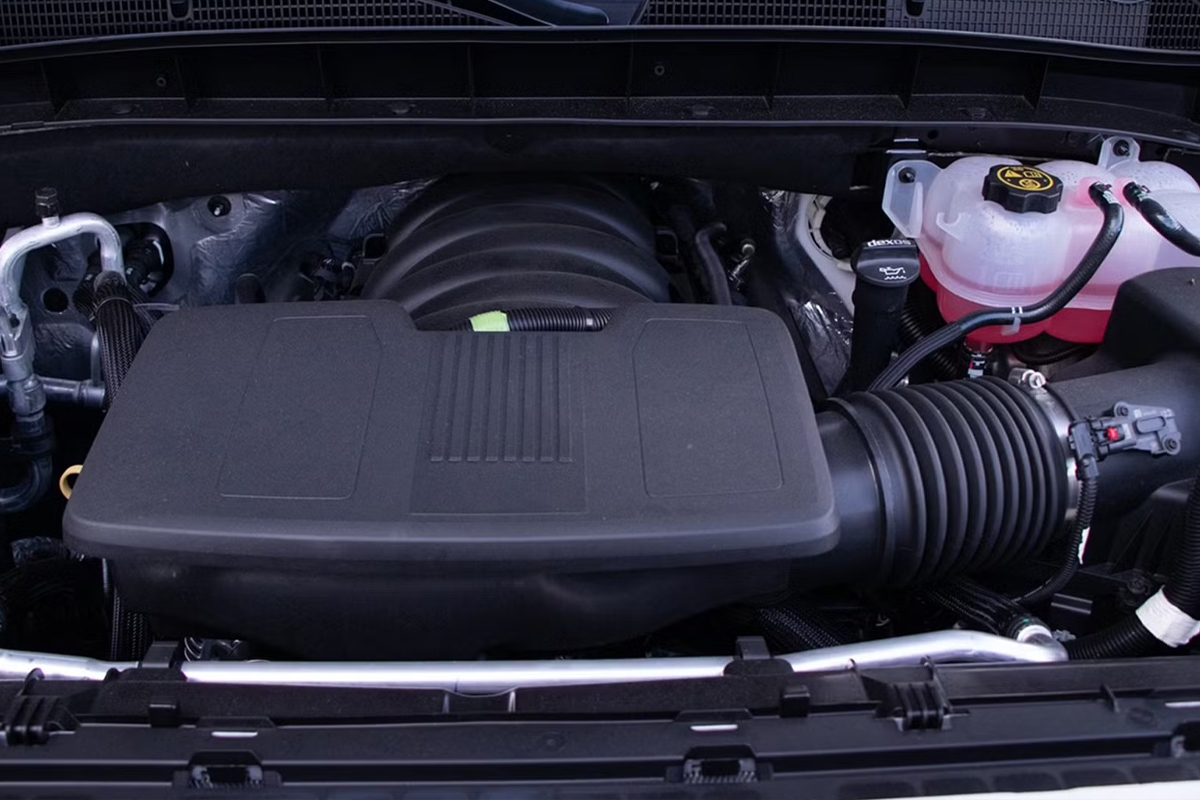
General Motors recently announced a recall affecting nearly 600,000 vehicles due to a defect in the 6.2-liter 8-cylinder engine used in its large SUVs and pickup trucks. The issue involves critical defects in internal components and contamination of the lubrication system, which poses a significant risk. This recall affects vehicles already sold and includes unsold inventory, causing widespread concern. The recall scale is typically measured by the severity of the issue and the number of units affected. This recall meets both criteria.
The recall is particularly significant due to the severity of the problem. Some vehicles have experienced power loss or even fires while driving, leading to accidents and injuries. Moreover, GM ignored this problem three times before, making people less likely to trust the company. This engine has been sold for an extended period and applied across many vehicle models, including GM’s premium Cadillac brand, notably the full-size Escalade SUV.

L87 V8 6.2L Engine: Hidden Defects Surface Only Upon Failure
The recall affects 597,630 vehicles produced between 2021 and 2024, including Chevrolet Silverado 1500, Tahoe, Suburban, GMC Sierra 1500, Yukon, and the Cadillac Escalade SUV. All these vehicles have GM’s L87 6.2-liter V8 naturally aspirated engine.
The issue involves two main problems. First, metal deposits entering the crankshaft and connecting rods can lead to bearing wear or breakage. Second, surface defects and dimensional issues with the crankshaft itself can cause premature damage. As a result, abnormal metal friction noises may occur inside the engine, triggering the engine warning light, power loss, and, in severe cases, engine failure or inability to start.
One critical concern is that consumers may not notice any issues until the engine breaks down. As a result, comments have indicated that drivers may not become aware of the problem until it’s too late, highlighting the seriousness of the situation.

GM’s Delayed Response: A Blow to Flagship Models
Another shocking aspect of this incident is GM’s response to the issue once they became aware. According to their recall records, GM conducted three investigations into the possibility of the same defect—once in February 2022, again in June 2023, and once more in July 2024—but dismissed the issue each time, stating that it did not affect safety. GM finally issued the recall only after the official investigation by the U.S. National Highway Traffic Safety Administration (NHTSA).
According to GM’s self-reported data, 28,102 customer complaints and 14,332 related to power loss have been received—at least 42 incidents involved fires, 12 collisions, and 12 injuries. Officially, GM stated that most incidents resulted in minor or non-physical damage, but this explanation is hard to accept for consumers.
Furthermore, the defect was found in GM’s flagship lineup, which includes vehicles priced from 80 million to over 100 million KRW (58,000 USD to 72,000 USD). The decline in consumer confidence regarding the quality of the powertrains, which are standard in these high-end premium vehicles, represents a notable challenge to GM’s reputation for technical reliability.

GM’s Band-Aid Solution Falls Short
Ignoring Reality Won’t Make It Disappear
GM stated that if defects are found, they will repair the connecting rod and crankshaft or replace the entire engine. However, if no issues are detected during the initial inspection, the only action will be filling the engine with thicker oil. In this case, the dealer would replace the oil cap, change the oil filter, and update the user manual, marking the recall as complete. The issue, however, is that the damage has already accumulated.
If it had been another company, this might have led to concerns about intentional concealment, but GM’s delayed response remains a repeated issue. Also, if the connecting rod and crankshaft are already damaged, an oil change won’t solve the problem. Once damaged, components like the engine block and combustion chamber cannot be repaired by simply changing the oil, and the damage will continue. GM must recognize that this superficial solution negatively impacts the company’s consumer trust.
























